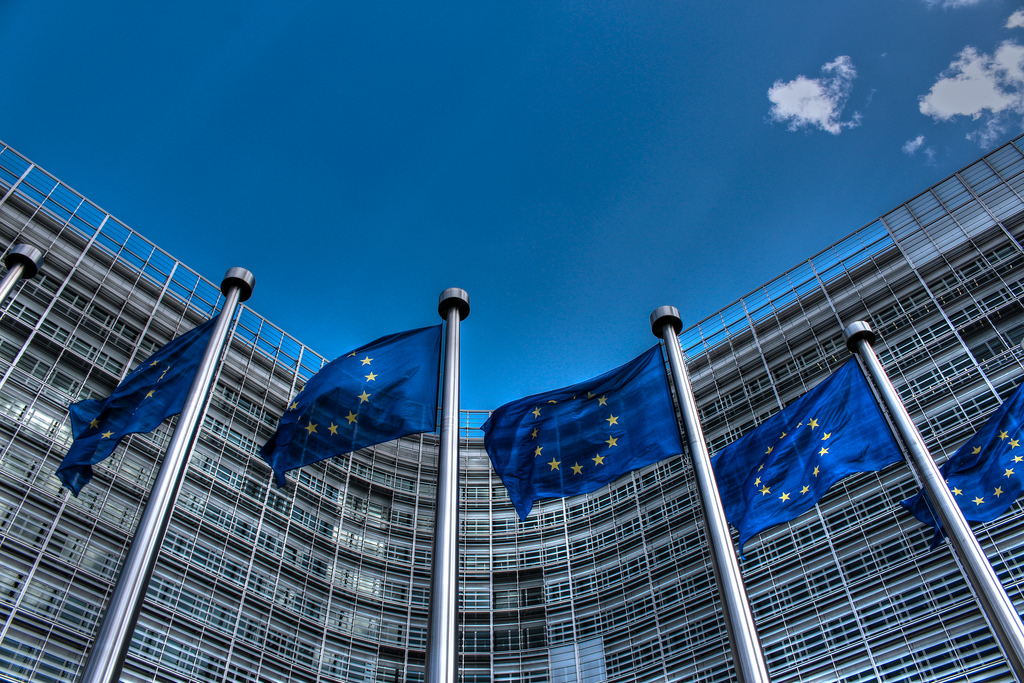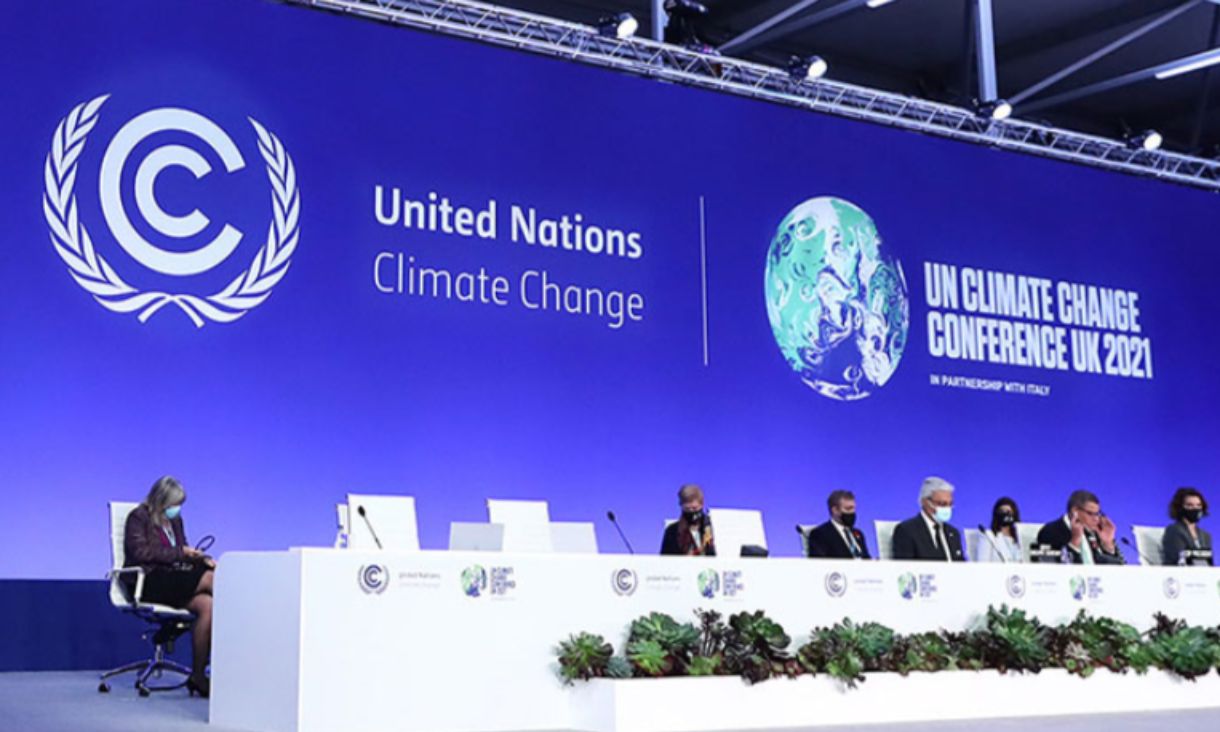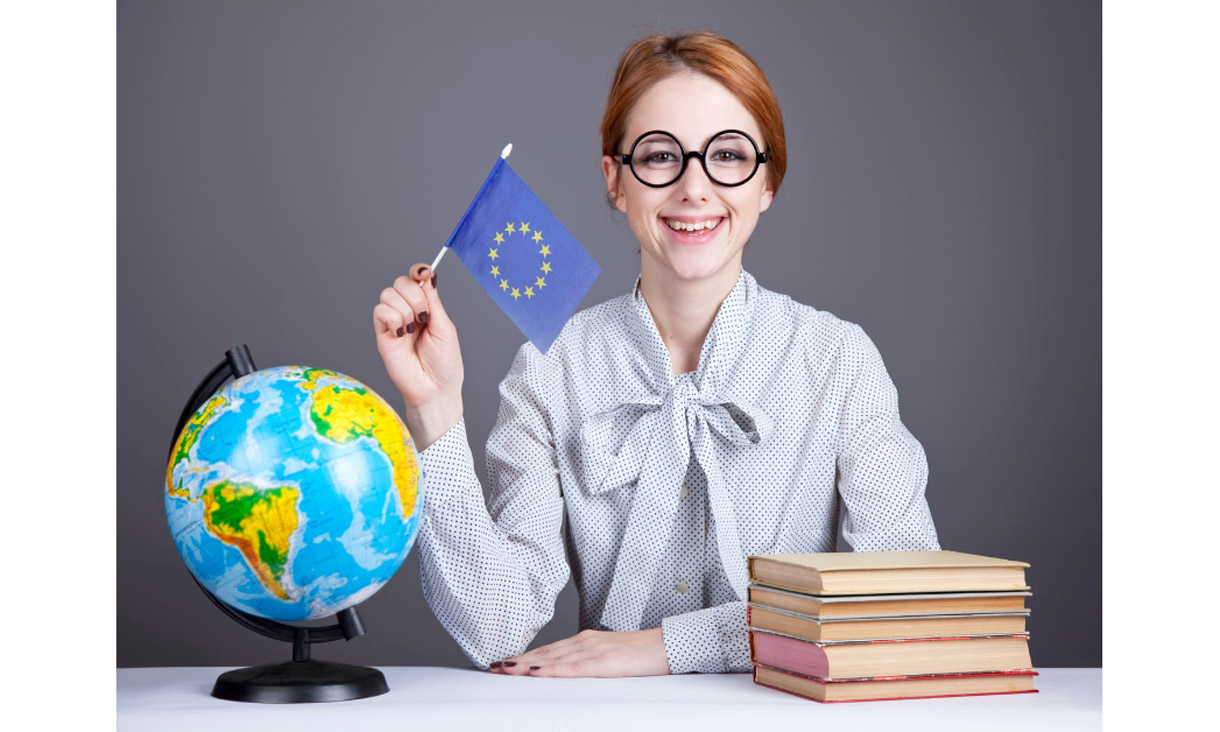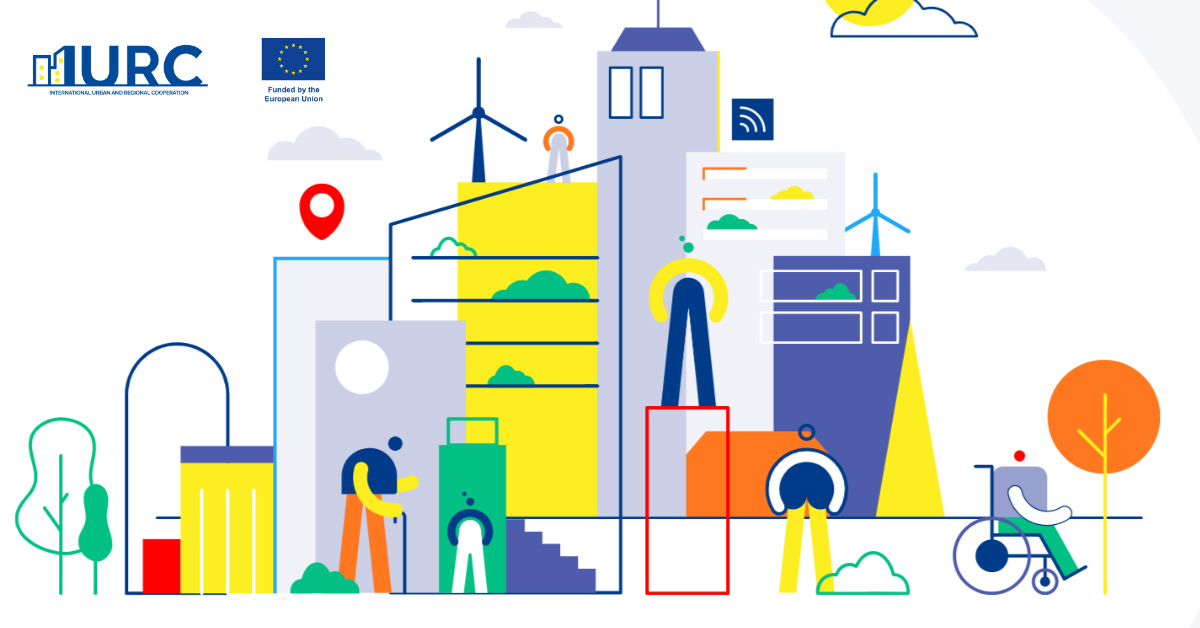A union once committed to openness and accessibility, and promoting social inclusion, has been forced to shut its borders and isolate from within, with lockdowns and curfews. But the current phase of the pandemic, with Europe in the summer period, offers a minor glimpse of pre-pandemic life. The EU has endorsed new travel measures that would allow people ‘to move between European countries without having to quarantine or undergo extra coronavirus tests’, with countries already using the system. Such resemblance of pre-pandemic life, as well as the launch of the EU’s recovery plan, signifies the EU’s movement to a post-pandemic reality. However, the emergence of the ‘Delta’ variant has the potential to disrupt progress made in COVID-19 suppression, thus reinforcing the urgency of the mass vaccination campaigns across Europe.
Moving into the summer period saw a drop in COVID-19 infections, and EU member states experienced a sense of pre-pandemic normality. However, the unevenness of the spread of COVID-19 across the EU is considered a ‘stress test’ for European unity. While countries including Germany have ‘promoted solutions common to all EU members’, others have acted in favour of their national interests, such as Hungary’s approval of Russia’s Sputnik V Coronavirus vaccine ahead of the EU’s formal approval. In an attempt to promote unity across EU member states, Brussels has introduced a €750 billion EU recovery plan to bolster funds as part of the EU’s efforts to reinvigorate the union’s economy, with the ‘money due to go towards major infrastructure work and environmental projects’. This is part of the EU’s post-pandemic program, which would see further expansion of economic activity and connectivity across the union. The EU has furthermore endorsed a new travel certificate (the European Union Digital COVID Certificate) that would allow people ‘to move between European countries without having to quarantine or undergo extra coronavirus tests’, with 17 countries to use the system from July 1.
Challenges ahead
While Europe is seeing a reduction of COVID-19 cases, with Germany reporting COVID-19 cases ‘halving’ within a week, there is ‘confidence for the summer, but also caution, especially towards autumn and winter.’ Fears still remain for a potential a new wave of COVID-19 infections, especially with the ‘Delta’ variant. This newer and more dangerous strain forced officials in the U.K. and Portugal ‘to reimplement lockdown restrictions or hold off on lifting pandemic mandates’ — possibly an ominous sign for the coming months, thus having the potential to derail the EU’s plan for recovery and post-pandemic life.
Another key challenge in establishing a post-pandemic reality is vaccine distribution. Presently, 57% of the adult EU population has received one dose of a COVID-19 vaccine. The European Commission secured ‘up to 4.4 billion doses of COVID-19 vaccines’ but many member state governments are facing criticism because of the slow pace of their vaccination programs, particularly in light of the potentially disastrous consequences of the spread of the ‘Delta’ variant in the coming months. In Germany, ‘the sluggish pace of vaccinations became an expression of governmental incompetence’, and created general distrust, which may have important political complications. The threat of vaccine nationalism amongst EU member states poses serious challenges to a united approach to creating a post-pandemic reality. German Christian Democratic Party spokesperson Jürgen Hardt notes that for Germany vaccine nationalism would mean, ‘there would be no gain if Merkel's government vaccinated all Germans, but people... in countries around Germany were not vaccinated.’
While initially ‘unpreparedness and a profound lack of solidarity’ overwhelmed the EU’s COVID-19 response, ‘there have been improvements since then’ with major efforts towards ensuring an integrated Europe post-pandemic continuing. The EU’s renewed vigour in working towards achieving multilateral solutions in response to crises, may contribute to overcome ‘other challenges that require a strong and united multilateral response, such as climate change, biodiversity loss or ecological degradation’.







